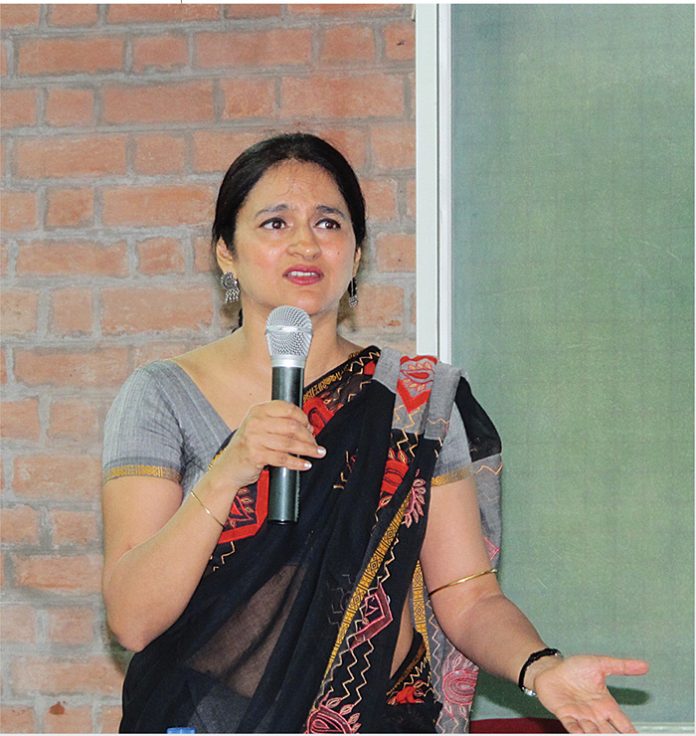
Publishers can be prosecutedeither under civil laws or criminal laws says Dahlia Sen- Oberoi a leading intellectual property and publishing attorney based in New Delhi. In the case of a civil suit there is no specific act but the Tort law that is applied for civil wrongs draws inferences from previous judgments as well as new arguments that form part of the hearings. Defamation suits are usually civil cases in India — and while the defamation laws are stricter in the UK they are less so in the United States, according to Sen-Oberoi.
Primarily, it is the organization (the publisher) and not the individual who is the defendant in civil suits and there is no major concern with the law other than the fact that the process is extremely lengthy and drags on inconclusively over decades in India
— one reason why publishers like Thomas Abraham of Hachette say that it wears down a business house.
Official duty but personal liability
The real concern for the publishing industry is that criminal law holds publishing executives personally liable for discharging their official duties on behalf of their employers. There is no motive of crime in a publishing activity. In most cases, the publisher or editorial staff does not remotely know the principle players discussed in a book or the litigants such as Batra or Patel.
However, a publishing executive is personally liable for a criminal offence long after leaving his or her job or retiring and can be arrested at any time during the pendency of the case.
Publishers must ask lawmakers how and why they can be tried as criminals without motive, because there is no
motive for a publishing house to cause criminal offence.
The criminal laws that apply are section 124A for sedition applied in the case of Arundhati Roy and Binayak Sen; section 295A and 153A that deal with deliberate hurting of religious sentiments and promoting enmity between different groups on grounds of religion applied in the case of Penguin’s withdrawal of The Hindus; section 292 that deals with obscenity as used against MF Hussain; and, sections 499 and 500 that applied to the Bloomsbury pulping of The Descent of Air India. Whereas 124A, 295A and 153A are non-bailable offences, acts of defamation acts are bailable.
Section 295A says a deliberate and malicious act intended to outrage religious feelings or any class by insulting its religion or religious beliefs is a criminal offence. Whoever, by either spoken or written words, signs or by visible representations or otherwise insults with deliberate and malicious intention of outraging the religious feelings of any class of citizens of India, shall be punished with imprisonment for a term which may extend to three years, or be fined, or both.
Section 153A deals with promoting enmity between two groups on
grounds of religion, race, place of birth, residence, language and commits acts prejudicial to maintenance of harmony. Whoever commits an offence specified in sub- section (1) in any place of worship or in any assembly engaged in the performance of religious worship or religious ceremonies, shall be punished with imprisonment which may extend to five years and shall also be liable to a fine.
Sections 499 and 500 deal with defamation — whoever, by words either spoken or intended to be read, or by signs or by visible representations, makes or publishes any imputation concerning any person intending to harm, or knowing or having reason to believe that such imputation will harm, the reputation of such person, is said, except in the cases hereinafter expected, to defame that person. Only the proof of truth can absolve the defendant from the charges of defamation but the burden of proving the truth lies with the defendant.
Whoever defames another shall be punished with simple imprisonment for a term which may extend to two years, or with fine, or with both under
section 500 of the IPC.














